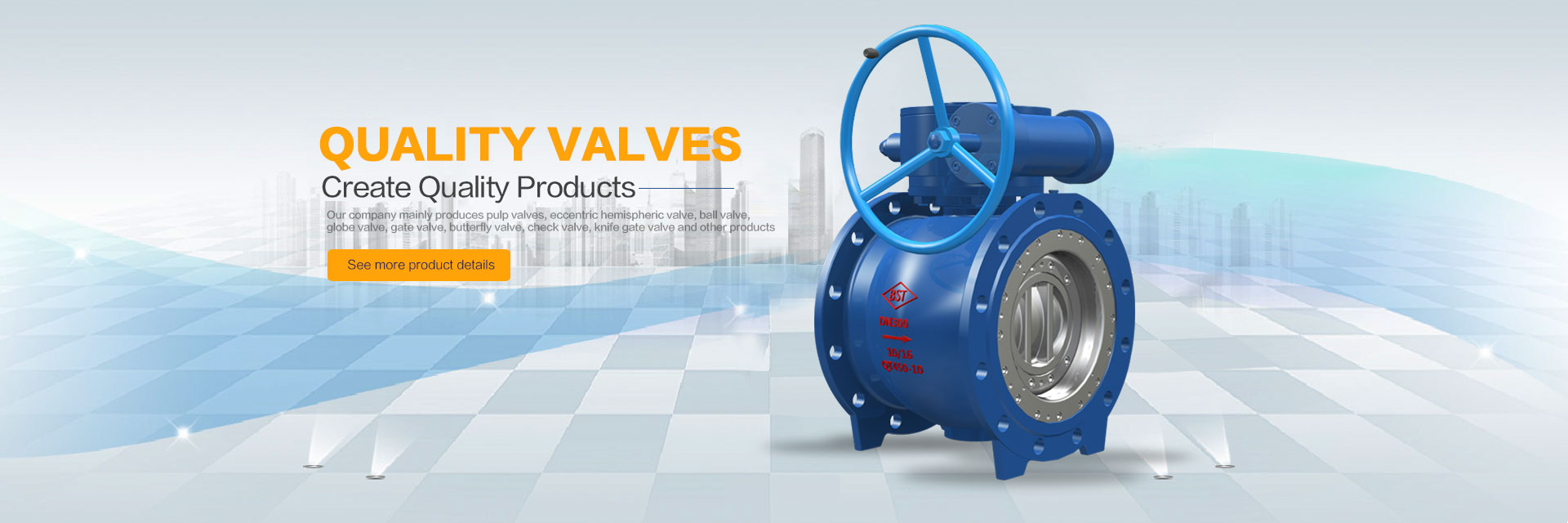Push the "bottle to pipe" and tighten the gas safety valve
"Bottle to pipe", that is, changing bottled liquefied gas into pipeline natural gas, is an important work to prevent gas safety risks. Since the beginning of summer this year, gas accidents have occurred in many places in China. In order to prevent potential gas safety hazards from the source, Hebei, Shandong, Zhejiang, Jiangsu, Guangdong and other places have actively carried out natural gas pipeline replacement projects to promote "bottle to pipe".
Bottled gas safety hazards frequently occur
The National Gas Accident Analysis Report · The First Quarter of 2022 recently released by the Safety Management Committee of China Urban Gas Association shows that 278 gas accidents occurred in the first quarter, an increase of 4.1% month on month over the previous quarter. Among them, there were 138 LPG accidents, up 14% over the previous quarter.
Most of the recent gas accidents in many places are concentrated in the catering industry. This is due to the weak safety awareness of some catering industry practitioners, the failure to implement safety production responsibilities, improper handling of liquefied gas leakage, illegal operations, or the use of unqualified cylinders. Poor use and lax management are the key factors for the frequent occurrence of potential safety hazards of liquefied bottled gas. In contrast, pipeline natural gas has the advantages of low working pressure, small indoor reserves, difficult leakage accumulation, more standardized management, and easy accident control, which is equivalent to a "safety valve" for users.
Solve the problem of difficult and expensive gas connection
In addition to improving regional safety and reducing urban gas safety risks, from the perspective of promotion and implementation in various regions, "bottle to pipe" has solved the problem of difficult and expensive gas connection for small and medium-sized catering businesses.
It is understood that many regions have opened a green channel to promote the "bottle to pipe" while subsidizing the refitting. In the future, it is also a general trend to actively promote "bottle to pipe" in the areas covered by pipeline natural gas. Just like before, residents need to dig wells for water, but now they use tap water directly from the pipeline. The same is true for gas. Pipeline natural gas is more convenient, safe and economical to use.
Take advantage of new methods to strengthen supervision
"Bottle to pipe" is one of the ways to reduce accidents and hidden dangers, and the subsequent supervision should follow suit. Strengthen the promotion and implementation of gas safety facilities, promote the installation of gas alarms in place, and encourage the online operation of gas alarms. With the help of new means, the Internet of Things, big data, artificial intelligence and other new technologies can promote the intelligent, digital and green transformation of the gas industry, achieve active risk indication, real-time early warning, remote control and efficient disposal, and strive to improve the safety level of gas use. Install intelligent sensing equipment at important nodes of gas pipeline to realize intelligent operation and enhance the ability to prevent fire and other accidents.
To promote the "bottle to pipe" policy, we need the joint efforts of government and enterprises. Relevant enterprises have the responsibility to popularize the basic knowledge of standardized use of gas, safety self inspection, emergency disposal, etc., guide and remind the masses to protect gas facilities, consciously resist unqualified connecting hoses, gas stoves, pressure reducing valves, etc., and ensure the safety of gas use and other links.
The relevant regulatory authorities shall also urge the gas operating enterprises to carry out safety operation training, and strengthen the guidance on safe gas use and accident emergency response skills. Urge residents to use fuel gas appliances that meet safety standards provided by legitimate fuel gas operating enterprises, and form a good habit of standardized use of fuel gas.









